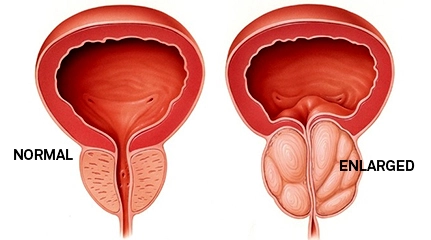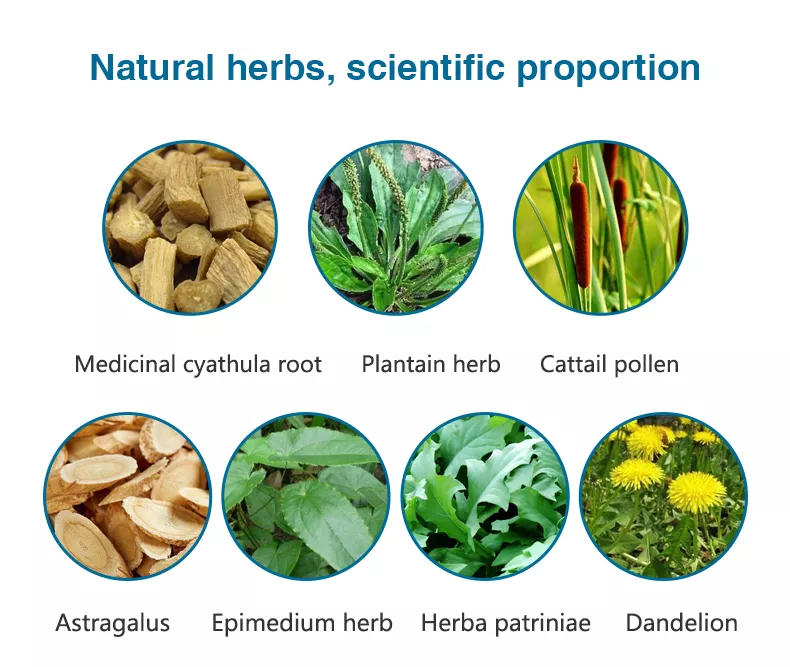SHRINK PROSTATE COMPLETELY WITH NO SIDE EFFECT
Finally A Proven Way To Get Rid Of Enlarged Prostate And Prostatitis Without Surgery
Living with an enlarged prostate can be difficult. This health condition, which primarily affects men, is common among about 50–60% of those aged 40 and above.
In this short article, you’ll learn about an incredible and highly effective remedy for prostate enlargement.
What is an Enlarged Prostate?
An enlarged prostate, also known as Benign Prostatic Hyperplasia (BPH), is a condition where the prostate gland grows bigger and presses against the urethra, blocking the natural flow of urine. This is the most common prostate challenge men face, especially as they grow older.
The prostate is a small, almond-sized gland that plays a vital role in a man’s reproductive health—helping move urine and semen through the penis. But as age sets in, this gland often enlarges, leading to what is called BPH.
Here’s the reality: by the age of 60, over half of men already experience the uncomfortable symptoms of an enlarged prostate. And while it may sound like just a “normal” part of aging, the truth is—it can seriously interfere with daily life. Frequent trips to the bathroom, weak urine flow, interrupted sleep, and discomfort during urination are only a few of the struggles men face.
The good news? You don’t have to live with it. A highly effective and natural solution exists to help shrink the prostate and restore your comfort, confidence, and freedom

Common Signs of Prostate Enlargement:
- – Increased urination.
- – Pain while urinating.
- – Weak and interrupted urine stream.
- – Inability to empty the bladder during urination.
- – Difficulty in starting urination.
- – Dribbling after urination.
- – Blood in the urine
- – Reduced Sexual Performance
Complications that can result if BPH is left untreated include:
- – Sudden inability to urinate.
- – Urinary Tract Infections (UTI’s).
- – Bladder stones.
- – Blood in the urine.
- – Bladder damage.
- – Kidney Damage.
An alarming prevalence of prostate issues is on the increase among younger men in recent times. More alarming is the fact that these men ignore the early warning signs until the condition becomes an emergency
Do You Need Surgery to get Cured From Prostate Enlargement? No
Due to Advancement in Science Postrate can be cured completely without operation.
Are they complication in Prostate Enlargement Surgery? Yes
A Transurethral Resection of the Prostate (TURP) is surgery that removes some portion of the prostate gland through the penis. TURP is a major surgery which involves a lot of risks and potential complications. Among these are the following complications:
- – Urinary incontinence (inability to control the bladder)
- – Inability to ejaculate Semen
- – Erectile dysfunction
- – Difficulties passing urine and
- – Urinary Tract Infections(UTIs)
So What Will Shrink An Enlarged Prostate Naturally?
Discover nature’s best-kept secret – a unique combination of plant and fruit extracts crafted for superior prostate wellness.


